Statement attributable to: Judge Azhar Cachalia: Chair FUL Board
For media comment:
- Judith February: Executive Officer: FUL + 83 453 9817
- Professor Hugh Corder: FUL Board member, Professor emeritus: UCT: + 82 337 3317
Freedom Under Law is deeply troubled that the Judicial Service Commission (JSC) has failed to fill two vacancies on the Supreme court of Appeal (SCA), including its rejection of the candidature of one of South Africa’s leading jurists, Judge David Unterhalter.
“This takes place in a context where many of South Africa’s state institutions have all but collapsed as a result of appointment processes which have been deeply flawed, sometimes even corrupt. The South African judiciary, which has typically stood as a bulwark against the most egregious excesses of power, can therefore ill-afford to be denied the undoubted judicial qualities of top jurists at this critical juncture”, says Freedom Under Law Chair, Judge Azhar Cachalia.
The SCA is South Arica’s second-highest court which demands of its judges experience and a deep knowledge across all branches of the law. During the JSC interviews this week, mention was made of the skill and experience the SCA has lost in the recent past.
The JSC’s criteria and guidelines for appointing judges include the requirement that a candidate “must be a competent and experienced person, and must be technically competent and have the capacity to give expression to the values of the Constitution.” This criterion applies with particular force to the appointment of judges to the appellate courts. Given its refusal to fill two of the four vacancies on the SCA, questions must be raised about how the JSC is applying these criteria.
Although it is invidious to single out individual candidates, we are compelled to comment on the JSC’s failure to recommend the appointment of Judge Unterhalter. Judge Unterhalter commands great respect among judicial colleagues and legal practitioners, both here and internationally. In a review of candidates for this sitting of the JSC, the General Council of the Bar lauded him as “a gifted jurist and constitutional lawyer.”
Based on the public interview, no circumstances emerged to justify a conclusion that he was not appropriately qualified or fit and proper for appointment. Indeed, commissioners specifically commended him for his technical competence and diligence. It is difficult to come to a conclusion other than that irrelevant, extraneous or improper reasons were at play in the JSC’s decision not to recommend an outstanding candidate like Judge Unterhalter for appointment.
The JSC’s decision to leave vacancies open, despite being presented with candidates of this quality, will further dissuade the best lawyers from applying for judgeships.
The decision represents a low-water mark in the JSC’s appointments record, particularly distressing at a time when it appeared to be reassuming its proper constitutional mandate.
We note that CASAC has requested the JSC’s reasons for leaving two vacancies open. Freedom Under Law supports this request, and believes we would benefit from understanding the reasoning of both the majority and minority of commissioners in reaching this decision.
It is crucial to learn why the JSC has made an inexplicable decision, to the detriment of the SCA and the entire judiciary.


